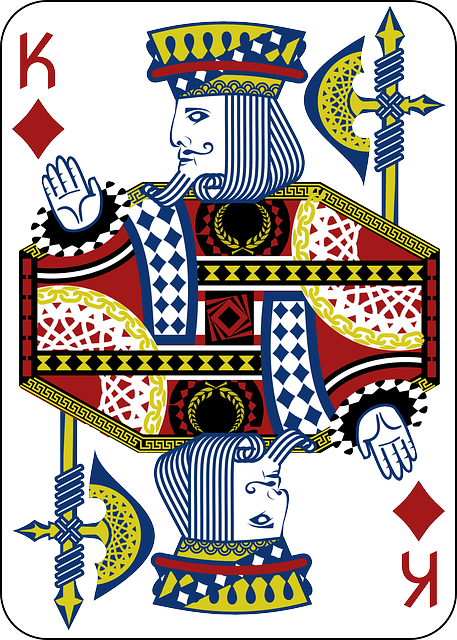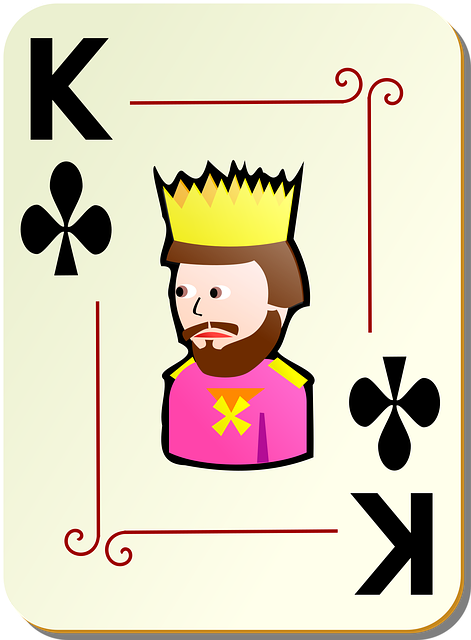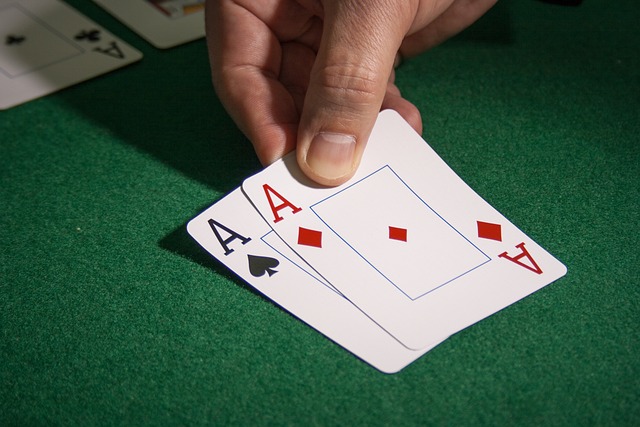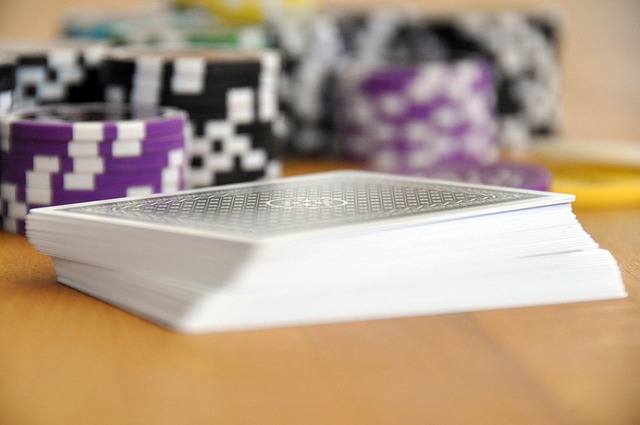Mastering the structure of Poker Tournaments through understanding blind levels, chip counts, and dynamic gameplay changes is vital for success. Pre-game strategy involves opponent analysis, disciplined betting, emotional control, and reading body language. The post-blind phase requires balancing risk and reward, with aggressive play driven by stack sizes, table dynamics, and opponent tendencies. Early positioning allows raising strong hands, while late positions gather more info before acting. Effective position use includes aggressive tight plays and stealing pots with weaker hands.
Poker tournaments are high-stakes games that demand a unique blend of skill, strategy, and mental fortitude. To navigate the competitive landscape, players must grasp the tournament structure, fine-tune their pre-game approach, and master post-blind play. This guide offers invaluable tips across three critical areas: understanding tournament dynamics, refining strategic thinking, and maximizing wins post-blinds. Elevate your poker tournaments performance with these essential insights.
- Understanding Tournament Structure: Key to Success
- Mastering Pre-Game Strategy and Psychology
- Optimizing Post-Blind Play for Maximum Wins
Understanding Tournament Structure: Key to Success
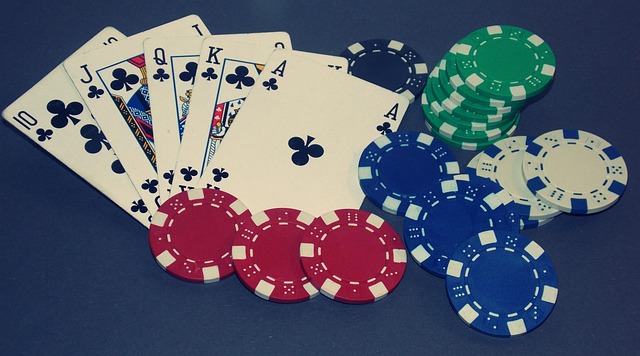
Understanding the structure of a poker tournament is a vital first step for any player aiming to succeed. Unlike cash games, tournaments have set formats with blind levels and specific rules that dictate play. Knowing when the blinds will increase and how many chips are at stake during each level gives players an edge in planning their strategies.
The key lies in adapting your approach based on the tournament’s structure. For example, early positions offer more opportunities for aggressive plays to build a strong chip stack, while later stages require tighter gameplay and careful management of remaining chips. Understanding these dynamics is crucial for navigating the often-complex landscape of Poker Tournaments effectively.
Mastering Pre-Game Strategy and Psychology

Mastering pre-game strategy and psychology is a cornerstone in excelling at poker tournaments. Before the cards even hit the table, players must understand their mindset and approach. This involves meticulous preparation, from studying opponents’ tendencies to practicing disciplined betting strategies. Players who enter a tournament with a clear plan, knowing when to be aggressive or conservative, often find themselves at an advantage.
Psychology plays a significant role in high-pressure situations like poker tournaments. Managing emotions effectively, staying calm under stress, and reading the body language of other players are essential skills. Developing a premeditated strategy allows for better decision-making, reducing impulsive moves that can cost games. In essence, mastering pre-game psychology equips players with the tools to navigate the complex landscape of Poker Tournaments with confidence.
Optimizing Post-Blind Play for Maximum Wins
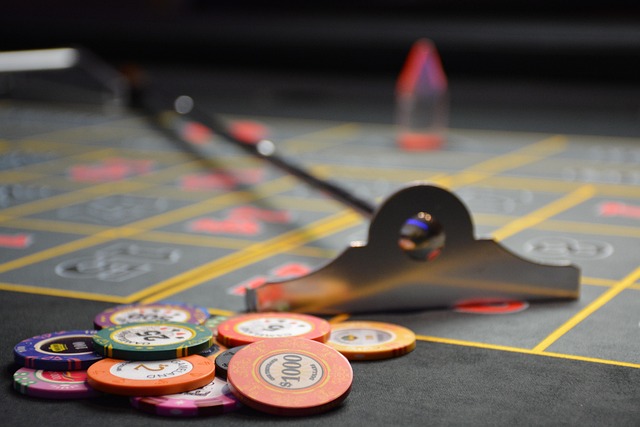
In poker tournaments, the period after the blinds have been posted is crucial. Players must carefully balance risk and reward to optimize their hand selection and betting strategies. Aggressive play is often the key to success, but it requires a keen understanding of stack sizes, table dynamics, and opponent tendencies. By raising with strong hands like pairs or high-potential connectors early in the post-blind phase, you can set the tone for your game and control the pot size.
Additionally, position holds immense value here. Late-position players enjoy an advantage as they get to act last, allowing them to gather more information on their opponents’ actions before deciding. Using this positional privilege effectively involves playing a mix of tight hands aggressively from late positions, while also raising with weaker but still playable hands from early spots to steal pots and disrupt the opposition’s strategy.
Poker tournaments are not just games of skill; they require a strategic mindset and a deep understanding of the game’s psychology. By grasping the tournament structure, employing robust pre-game strategies, and optimizing post-blind play, you’ll be well-equipped to navigate the competitive landscape of poker tournaments and increase your chances of winning. These tips are essential tools in your arsenal to conquer the world of Poker Tournaments.

